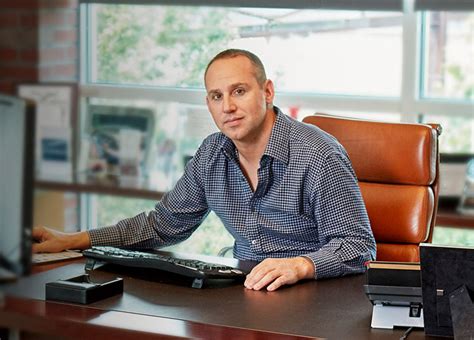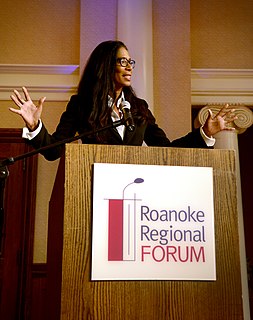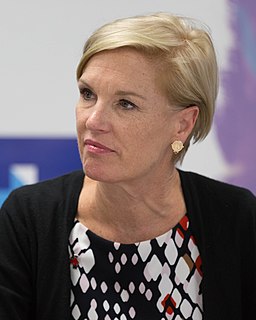A Quote by Michael G. Rubin
Honestly, years ago, it was acceptable to have all kinds of workplace misconduct. So many women were being harassed by loser guys in the workplace. That doesn't work anymore. The world has changed.
Related Quotes
It sometimes feels like the workplace is immune from social upheaval. We go to work and do the best we can, and at the end of the day, we return to our lives. We don't abandon who we are, however, when we begin and end our workday. Who we are shapes how we are perceived in the workplace and, in turn, how we perform in the workplace.
When I got married and had a child and went to work, my day was all day, all night. You lose your sense of balance. That was in the late '60s, '70s, women went to work, they went crazy. They thought the workplace was much more exciting than the home. They thought the family could wait. And you know what? The family can't wait. And women have now found that out. It all has to do with women, or the homemaker leaving the home and realizing that where they've gone is not as fabulous, or as rewarding, or as self-fulfilling as the balance between the workplace and the home place.
How has the world of the child changed in the last 150 years?" The answer is. "It's hard to imagine any way in which it hasn't changed.They're immersed in all kinds of stuff that was unheard of 150 years ago, and yet if you look at schools today versus 100 years ago, they are more similar than dissimilar.
Our imagination is larger than the world around us; we go beyond our limits. This used to be called 'witchcraft,' but fortunately things have changed, otherwise we would both already have been burned at the stake. When they stopped burning women, science found an explanation for our behavior, normally referred to as 'female hysteria.' We don't get burned anymore, but it does cause problems, especially in the workplace. But don't worry, eventually they'll call it 'wisdom.'































